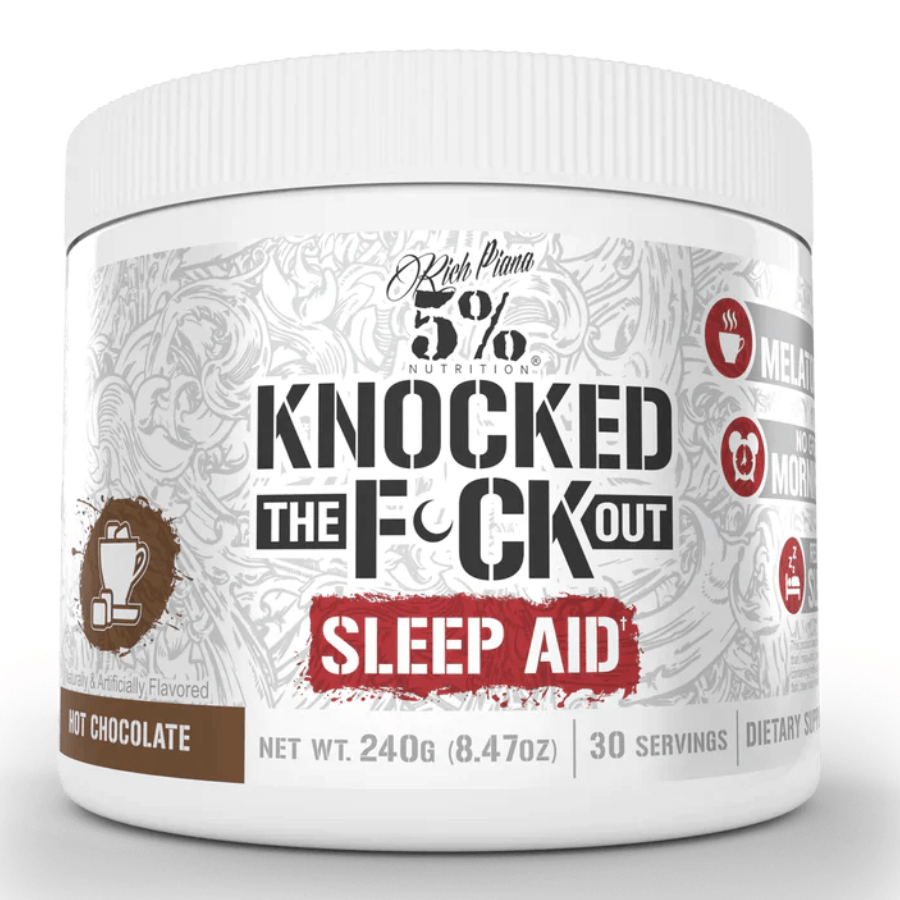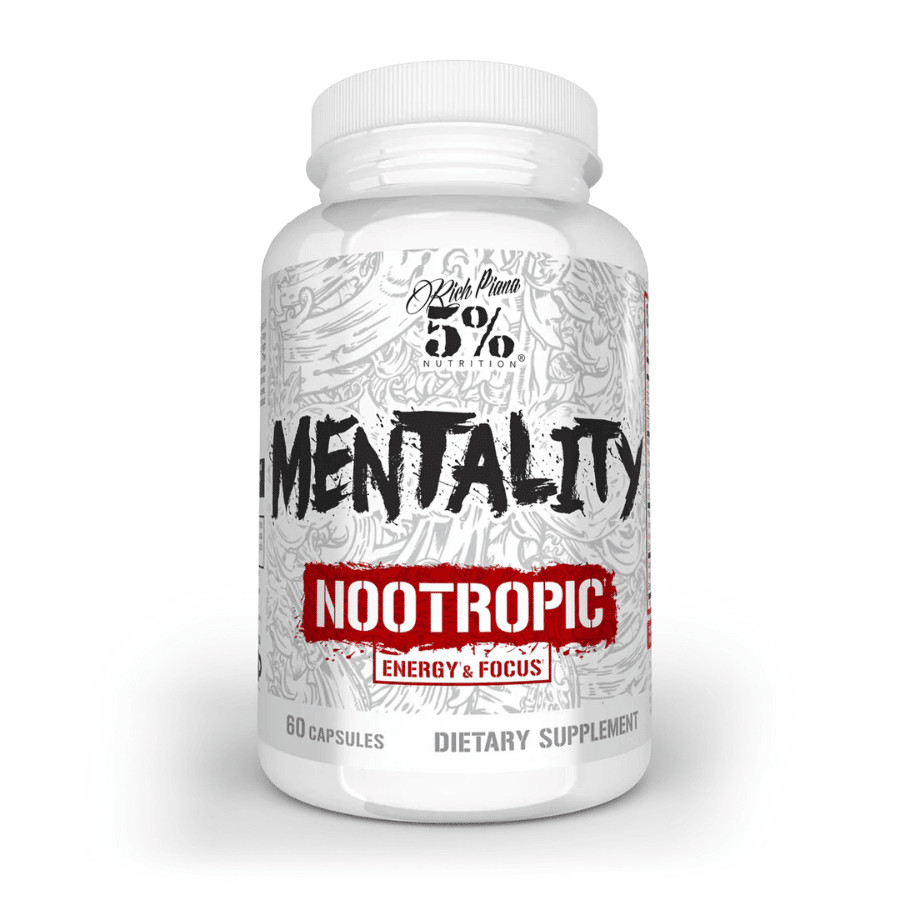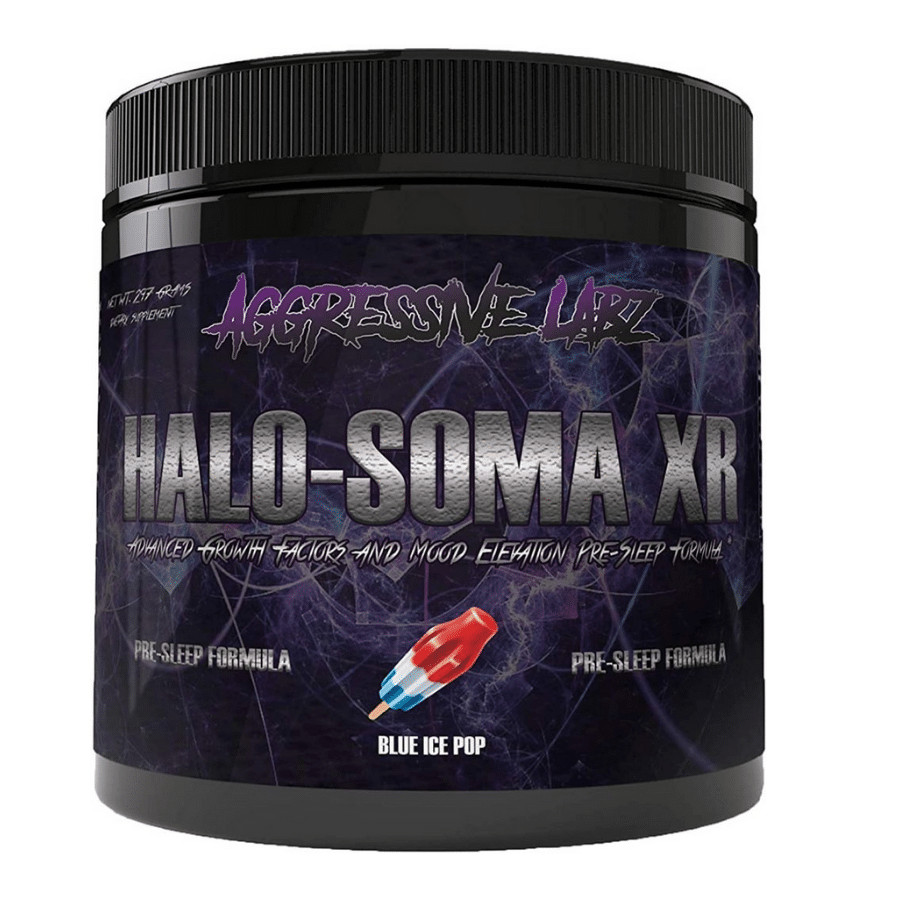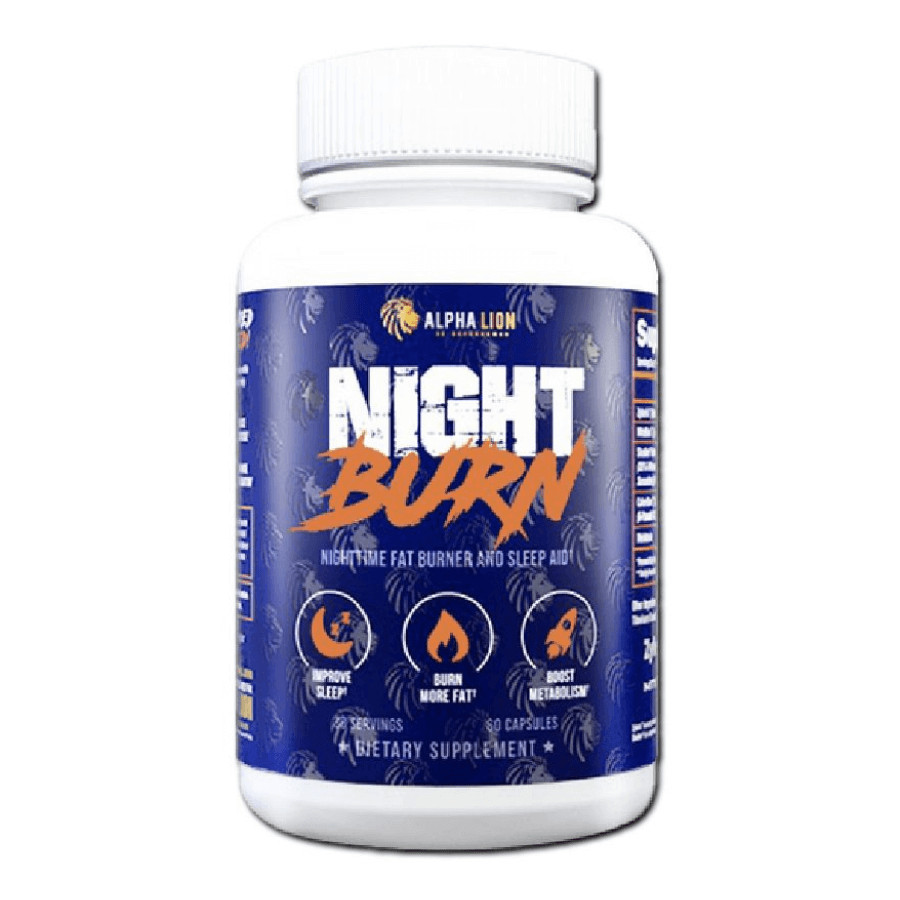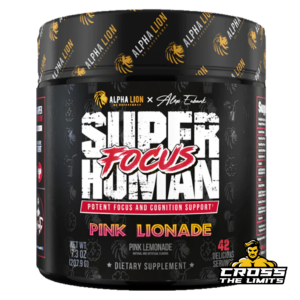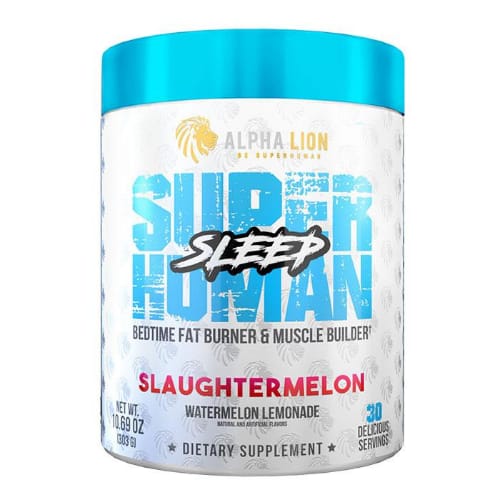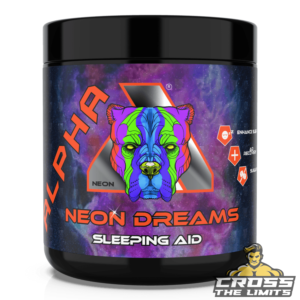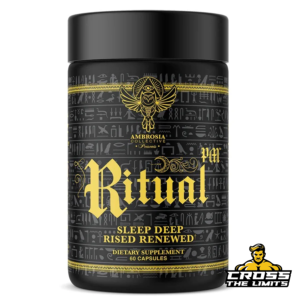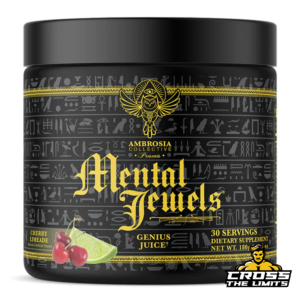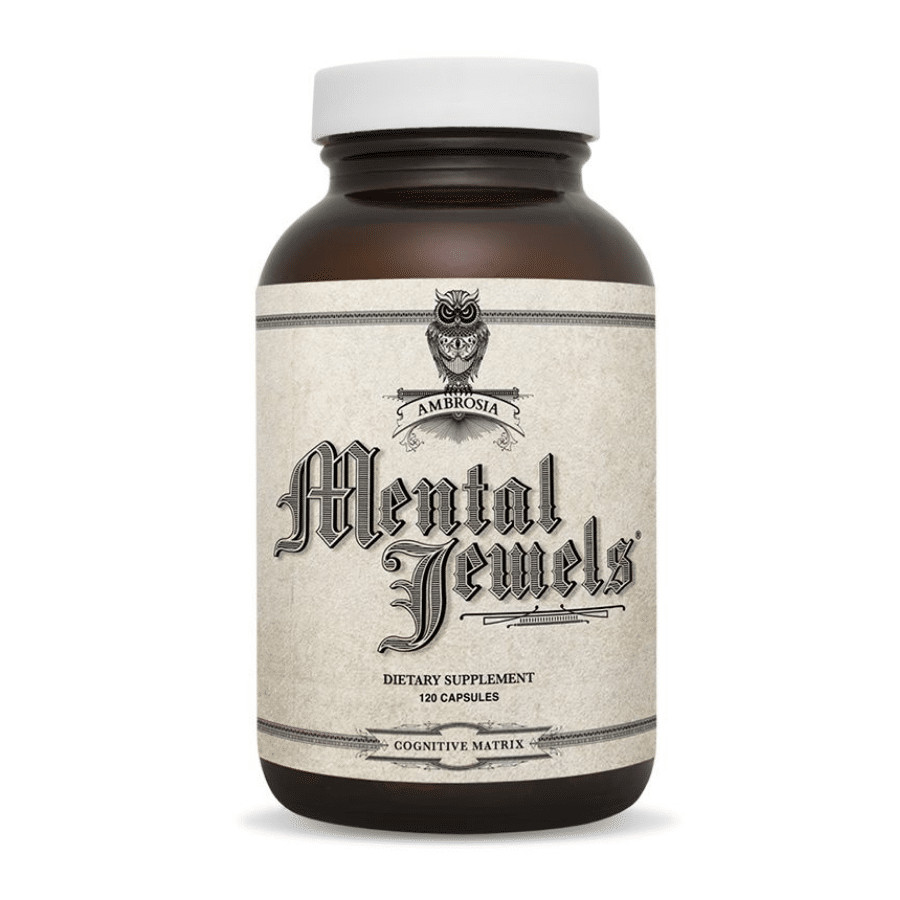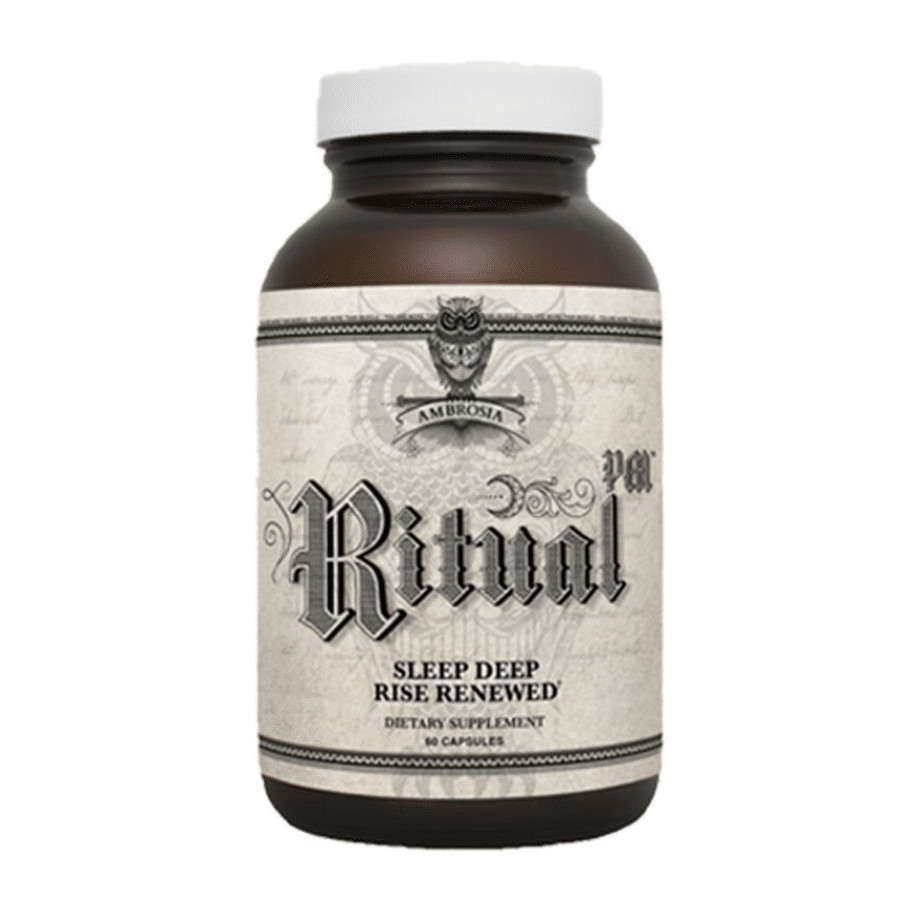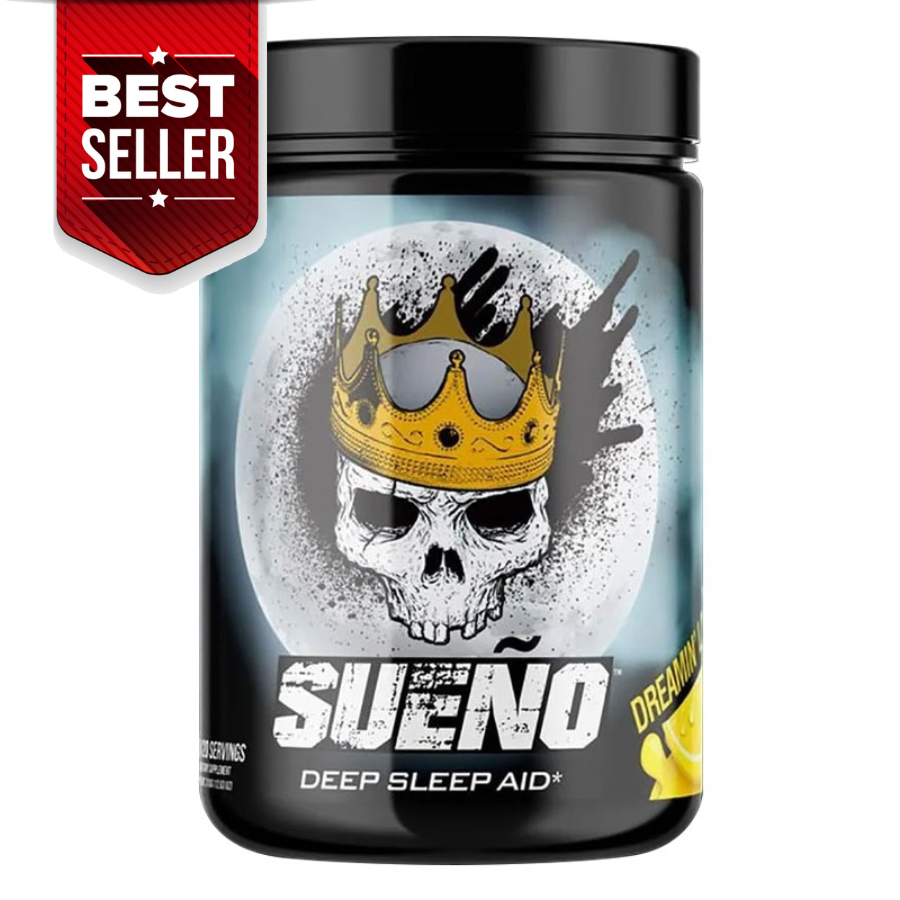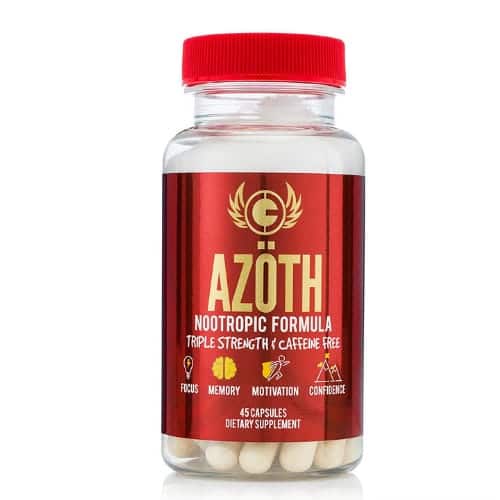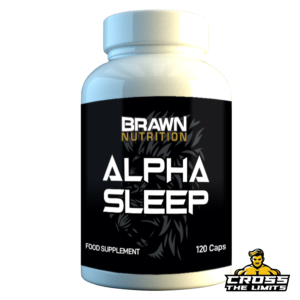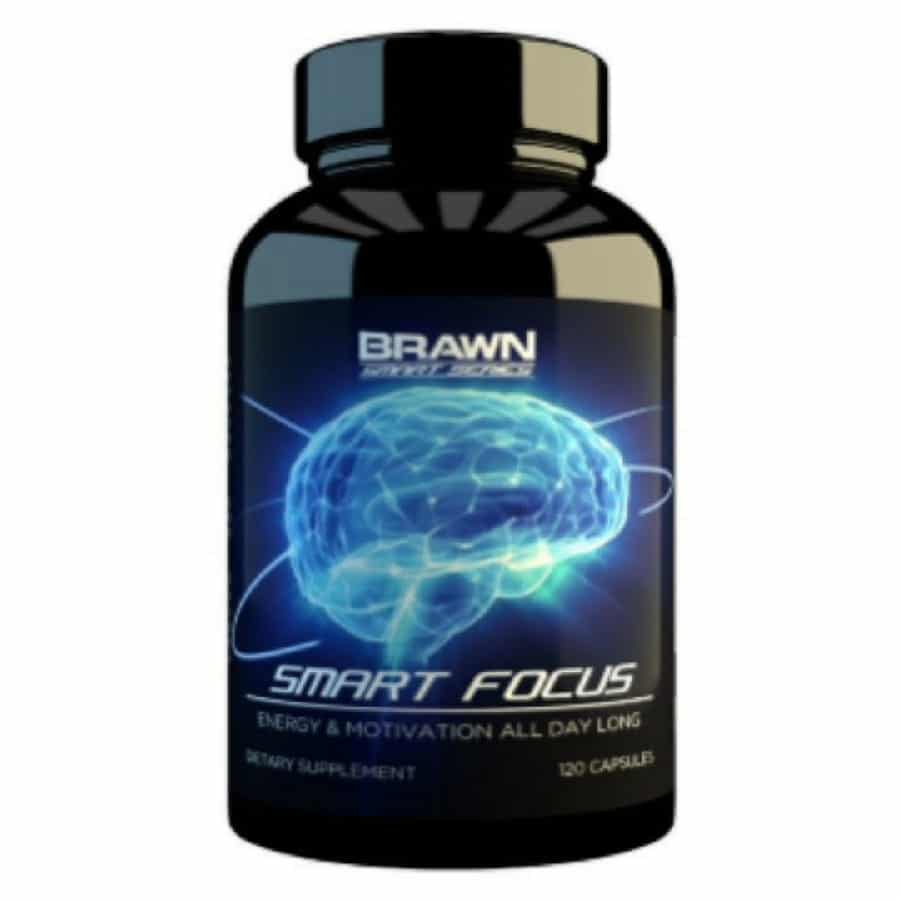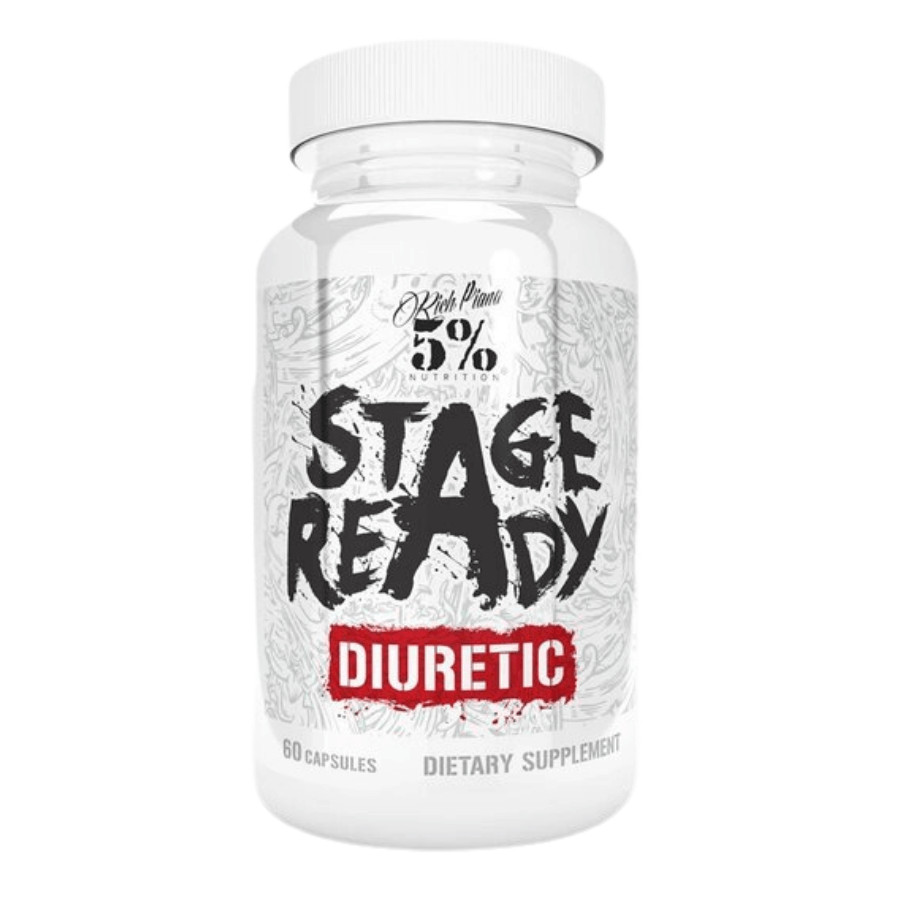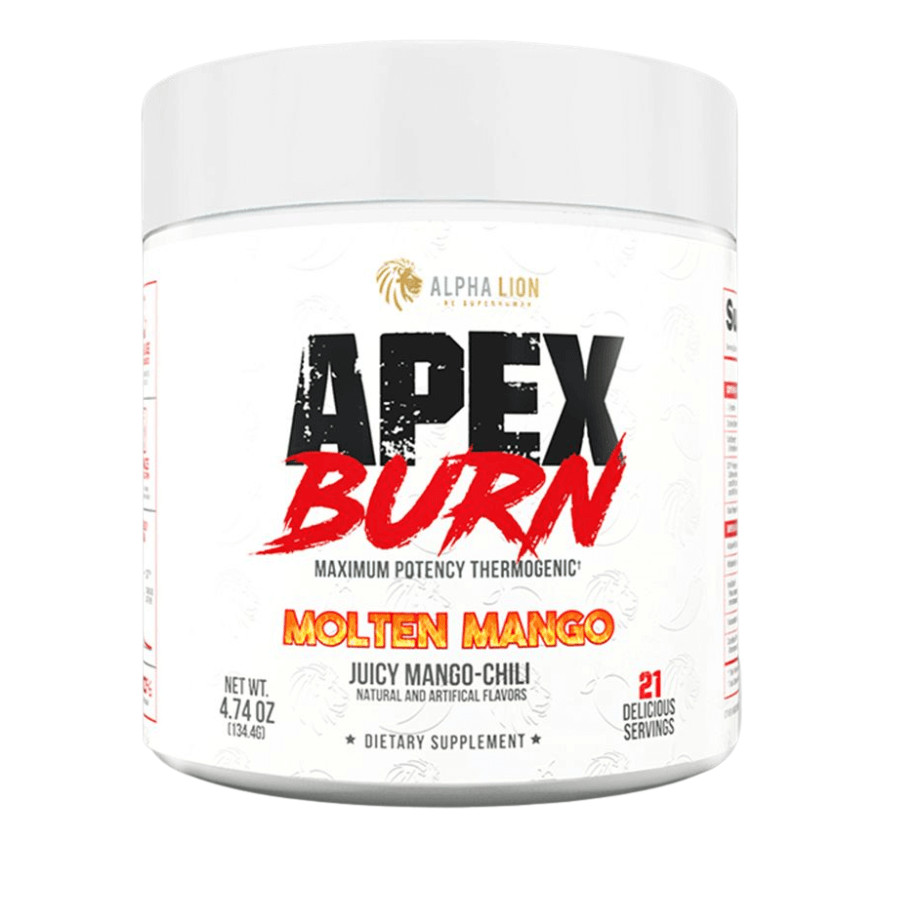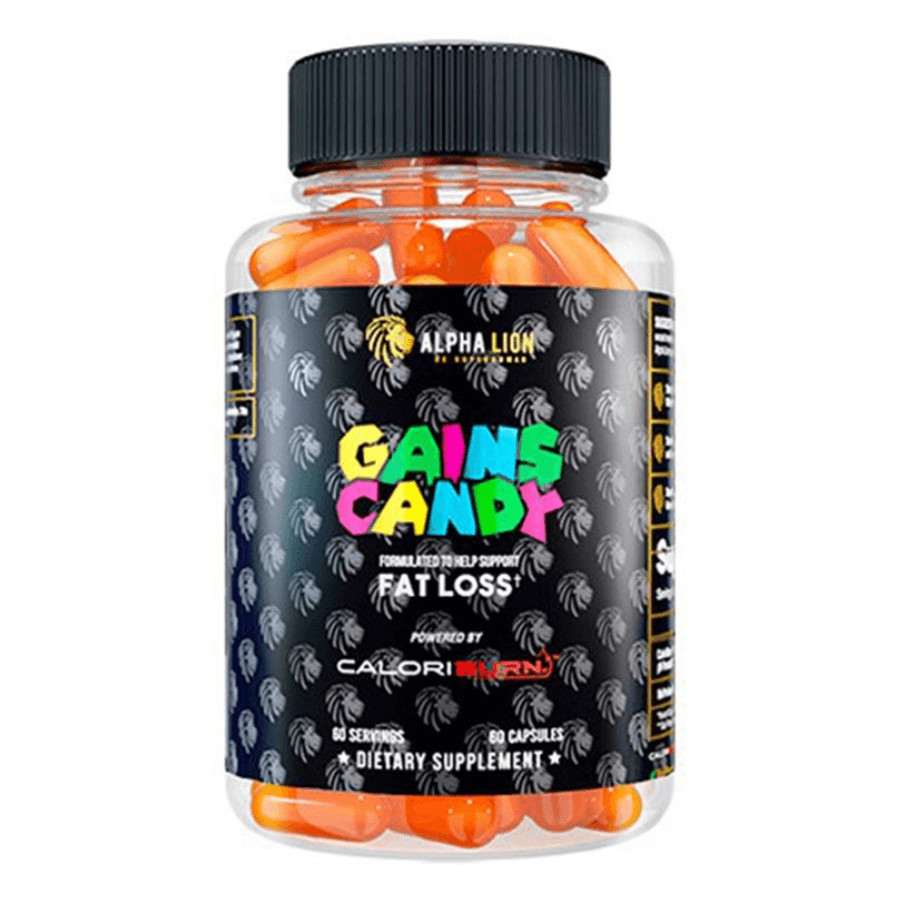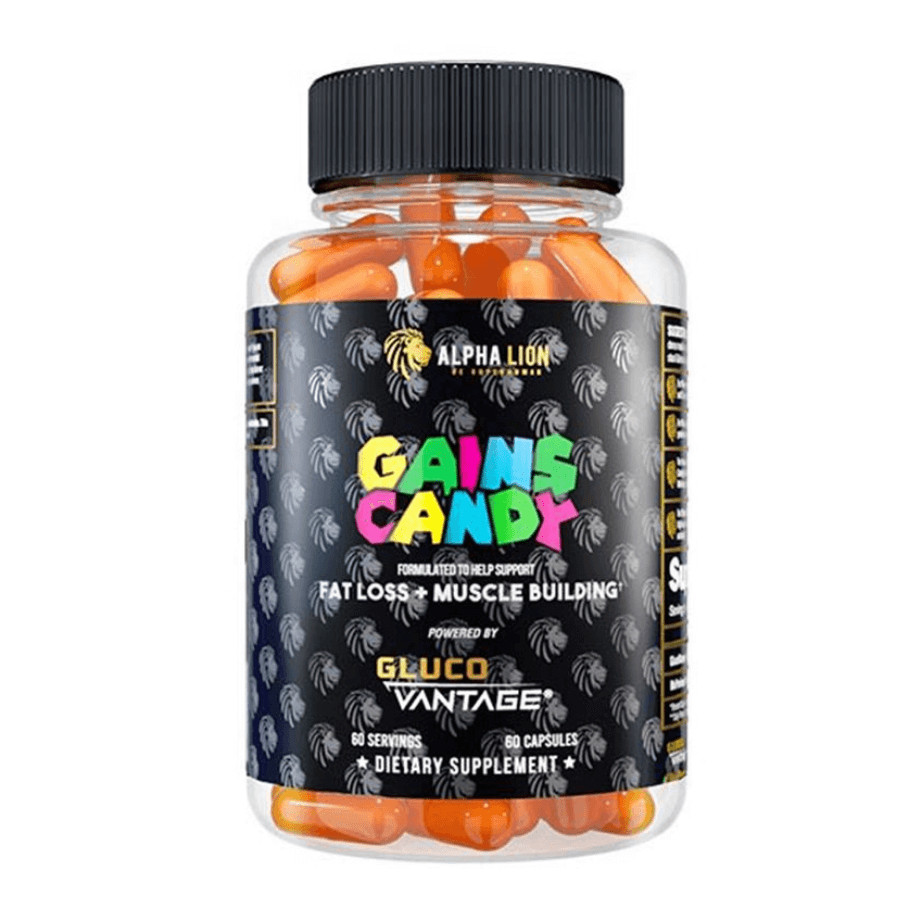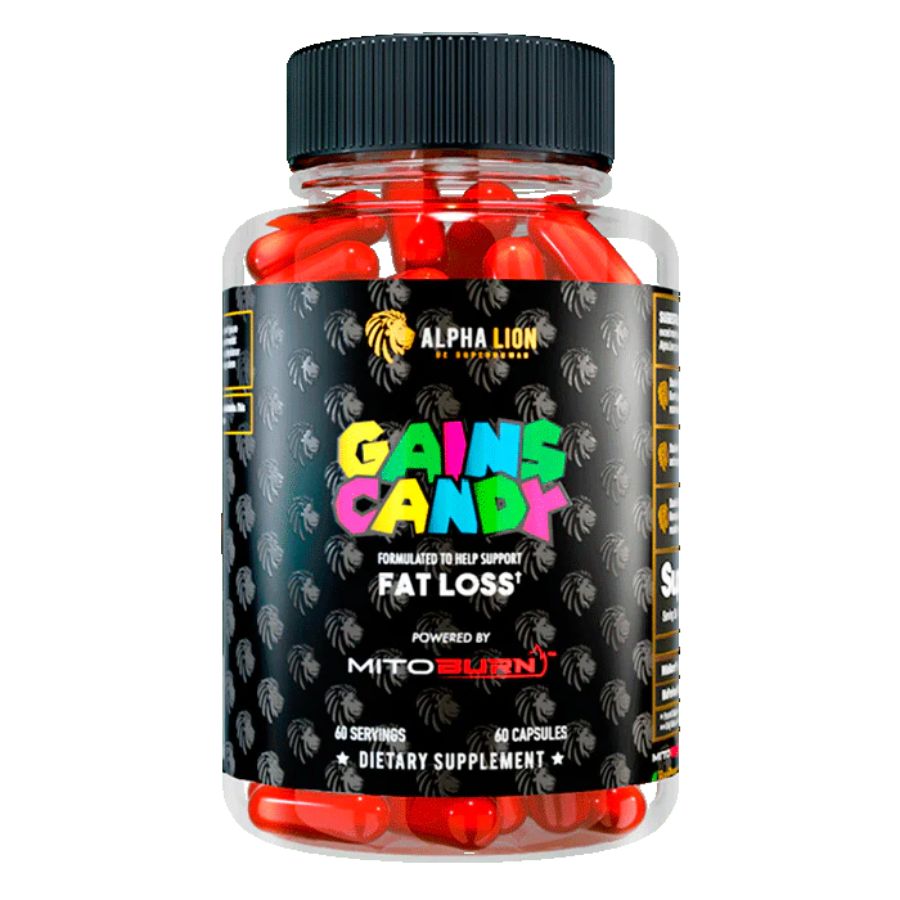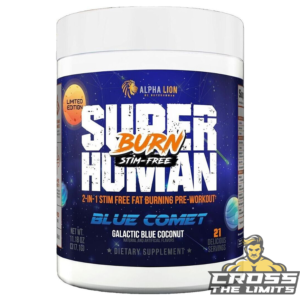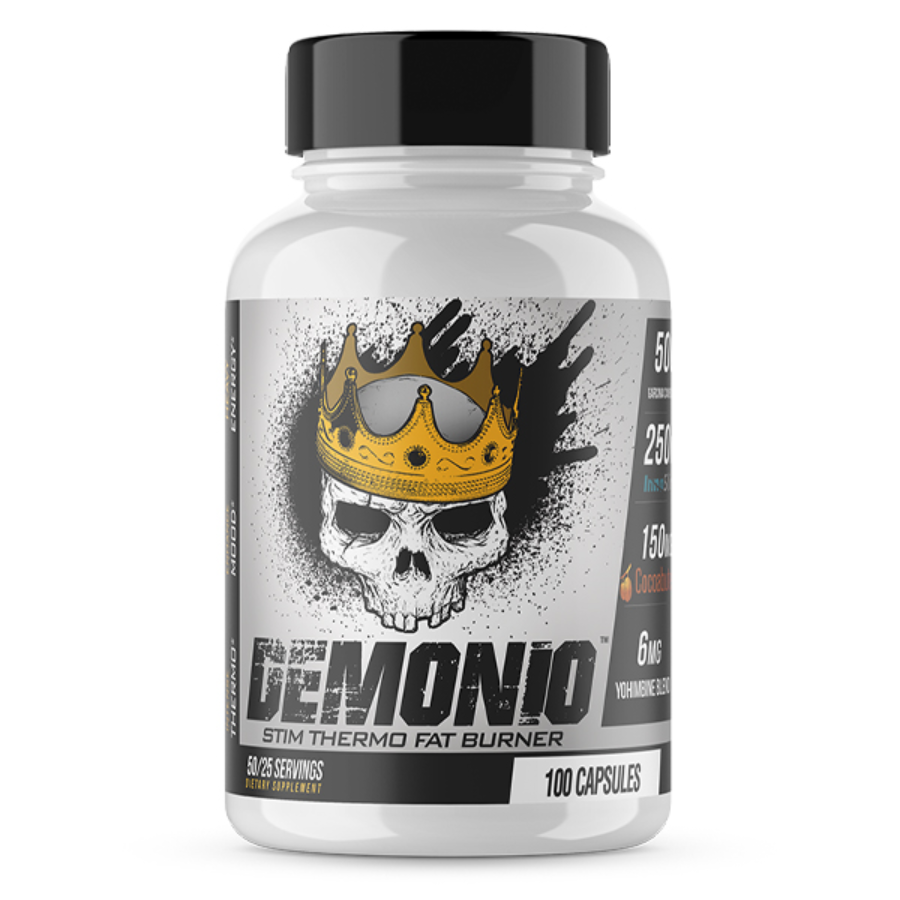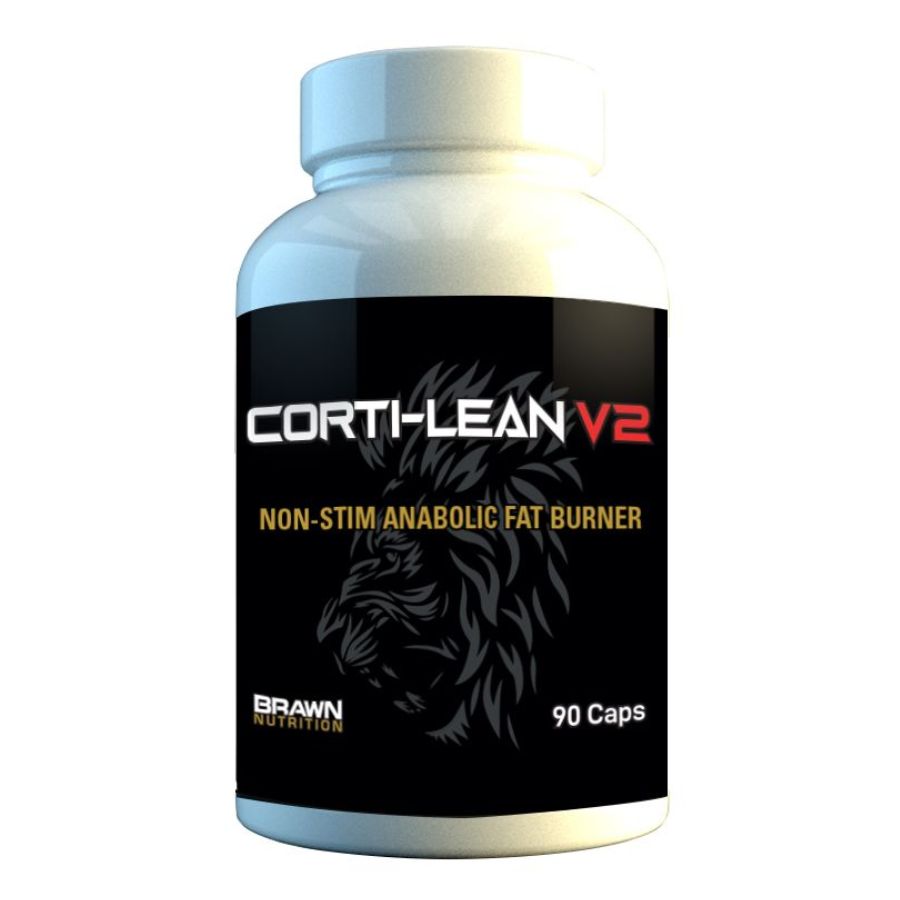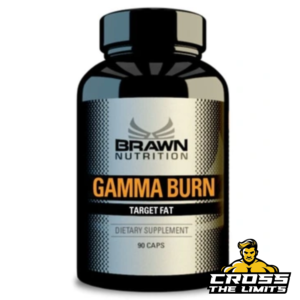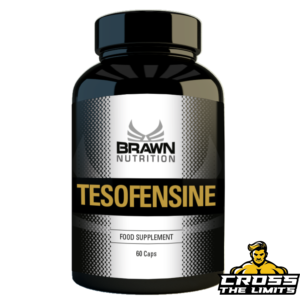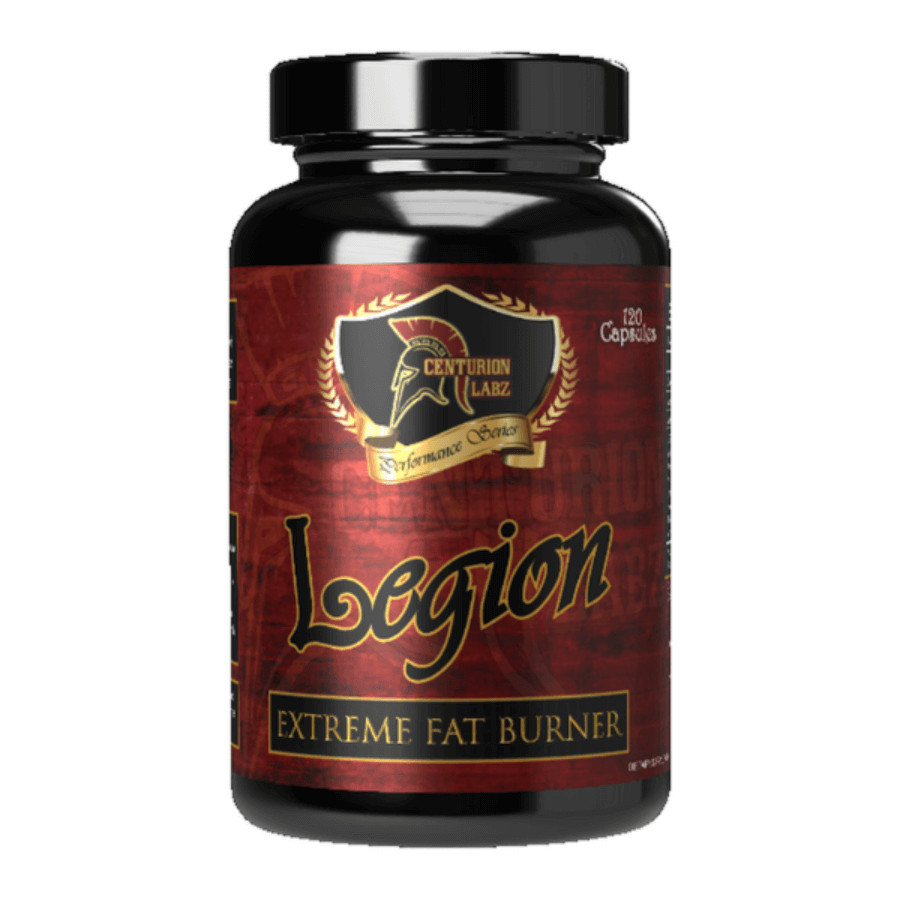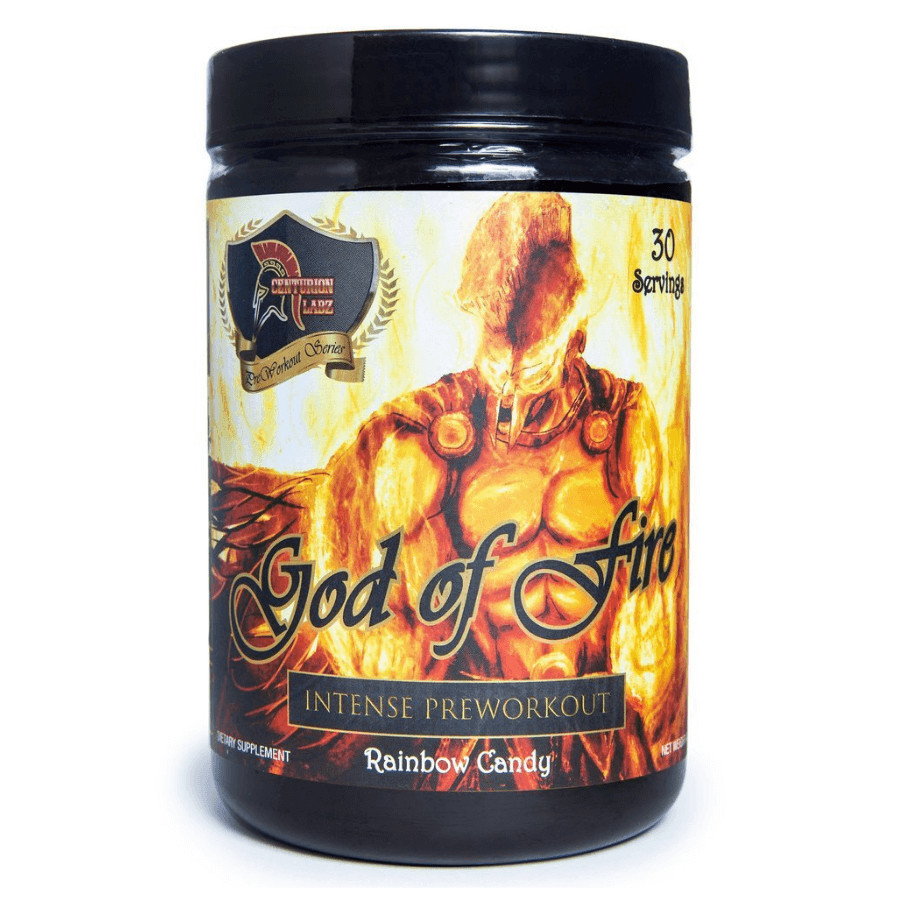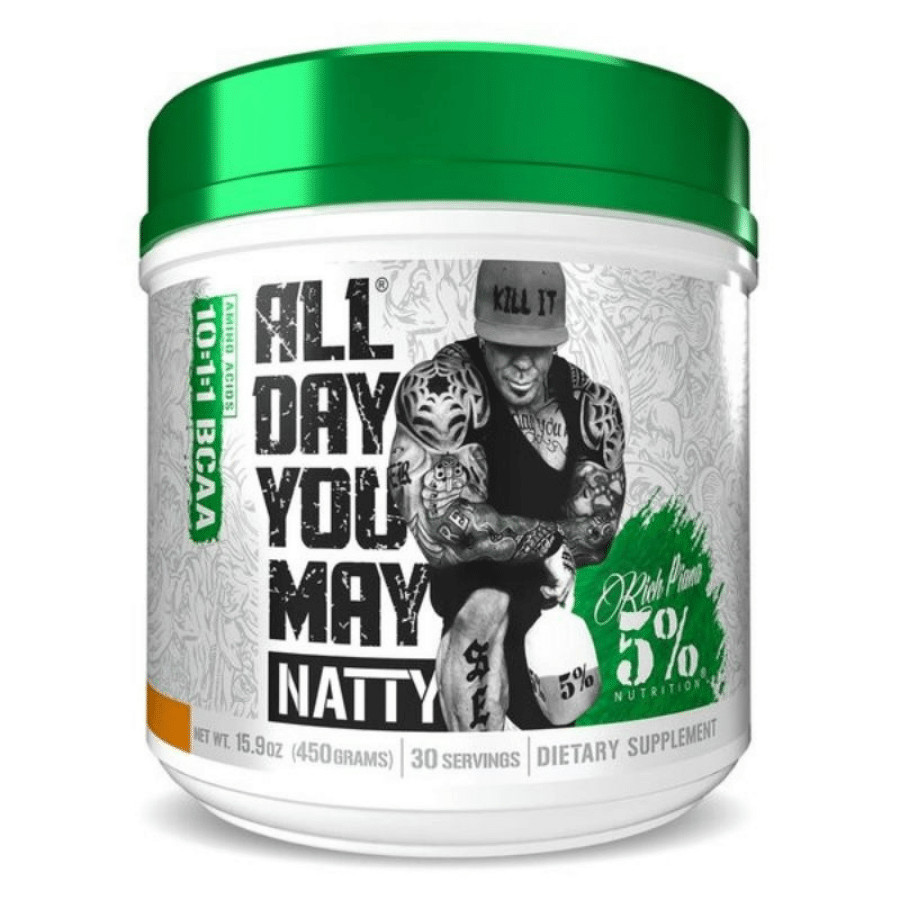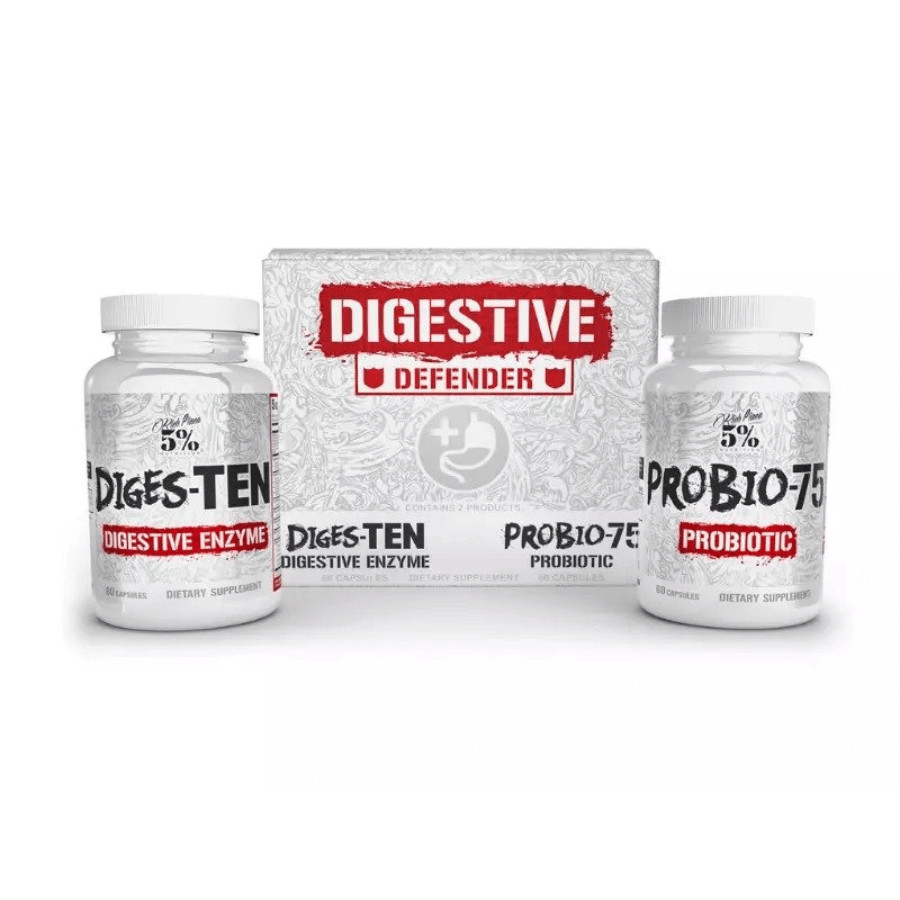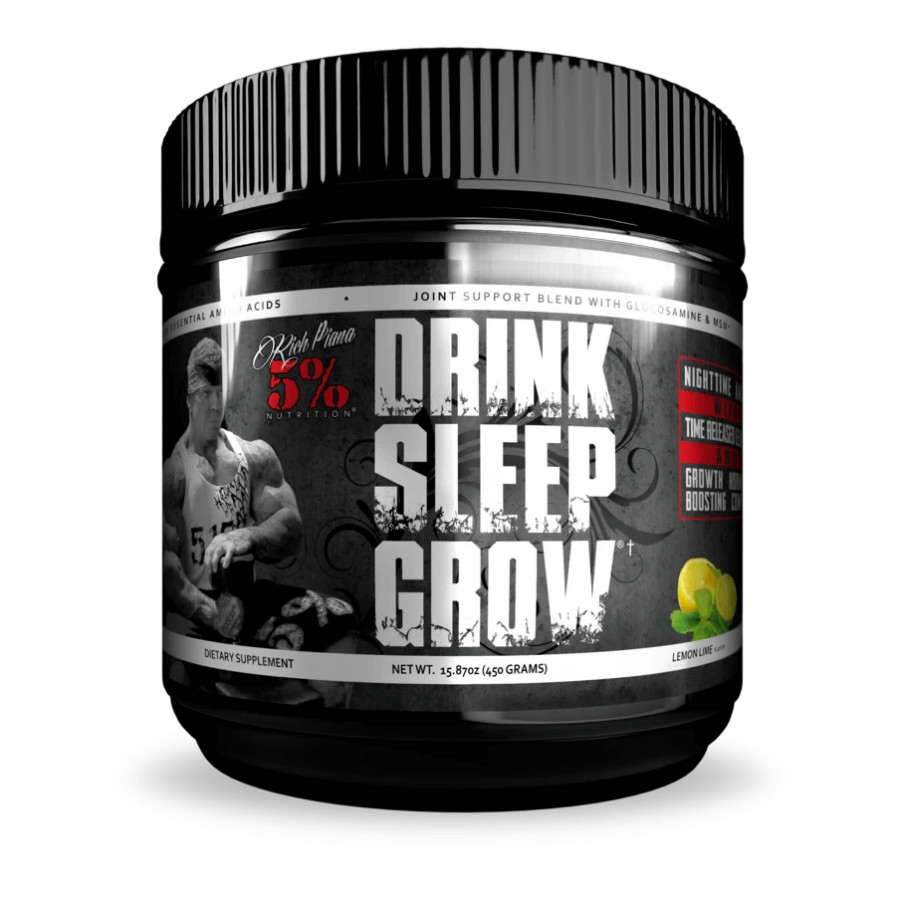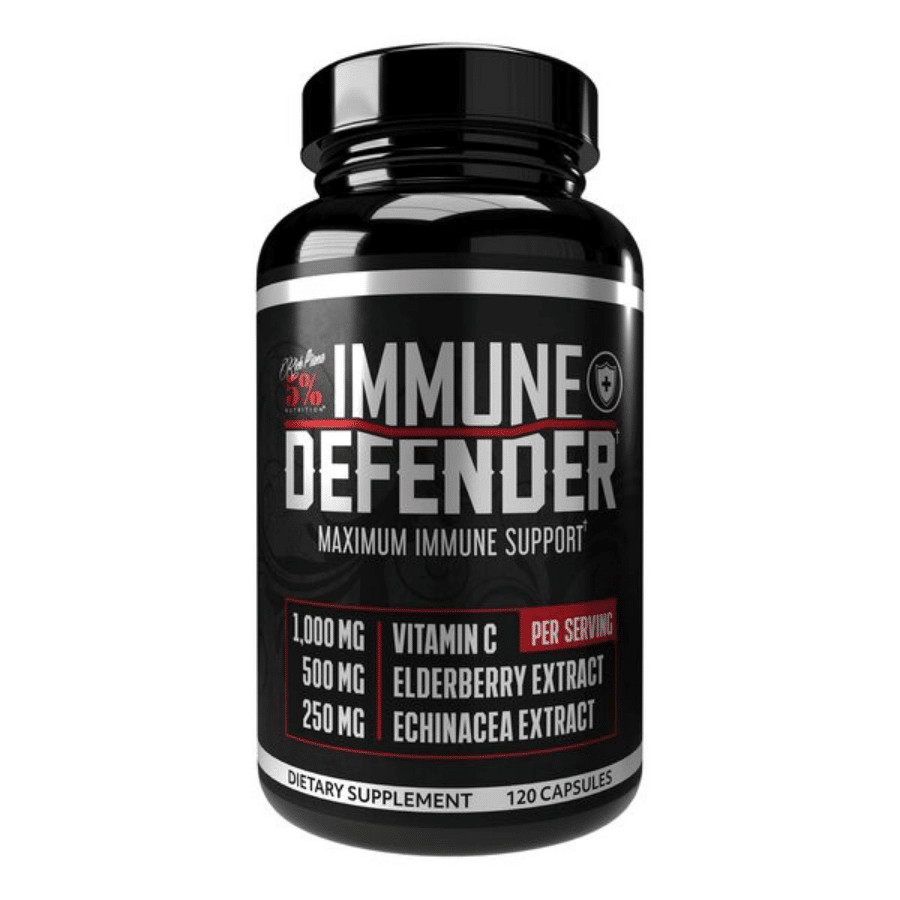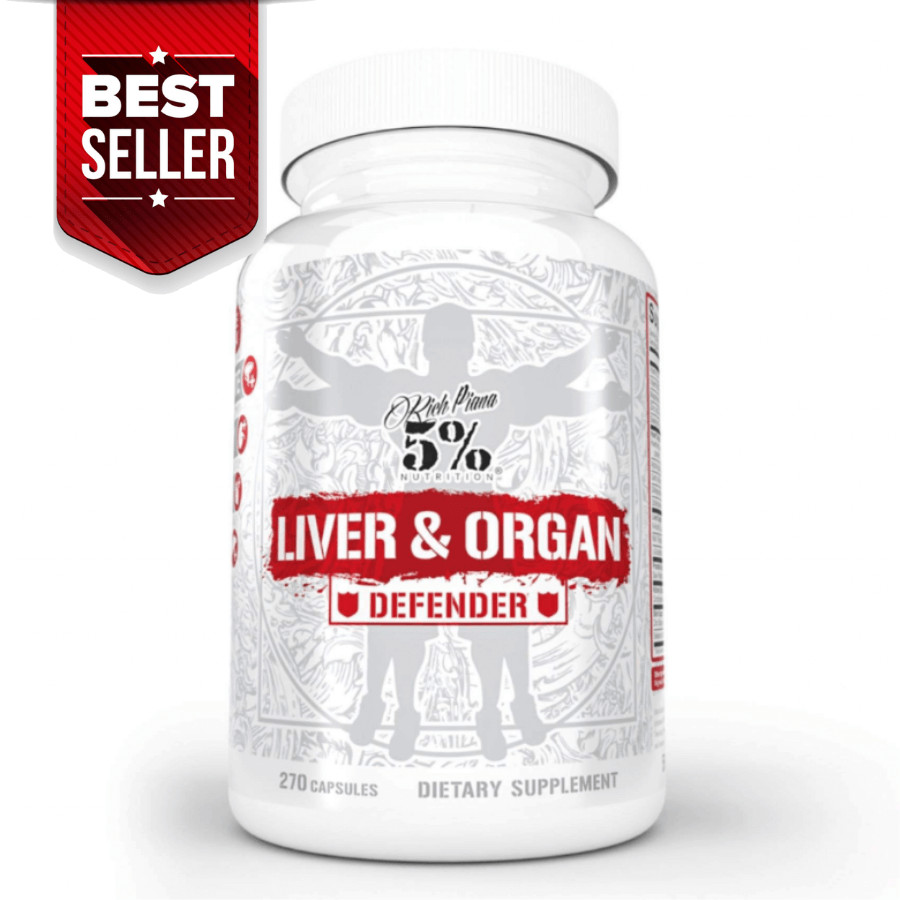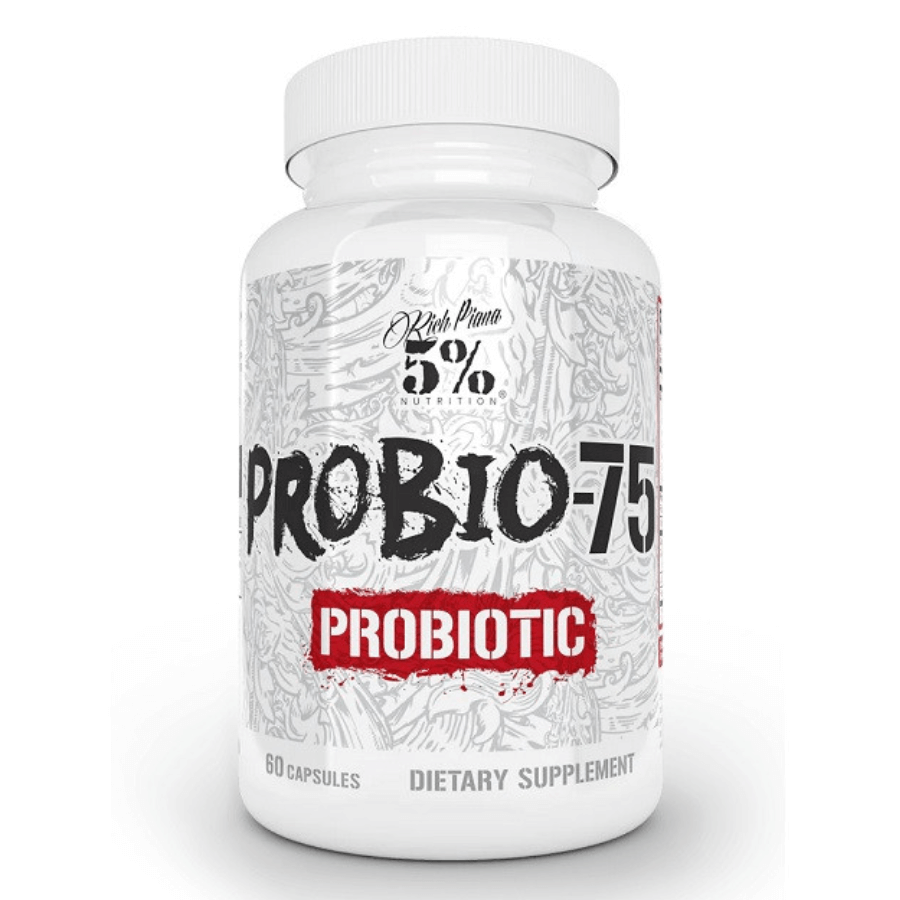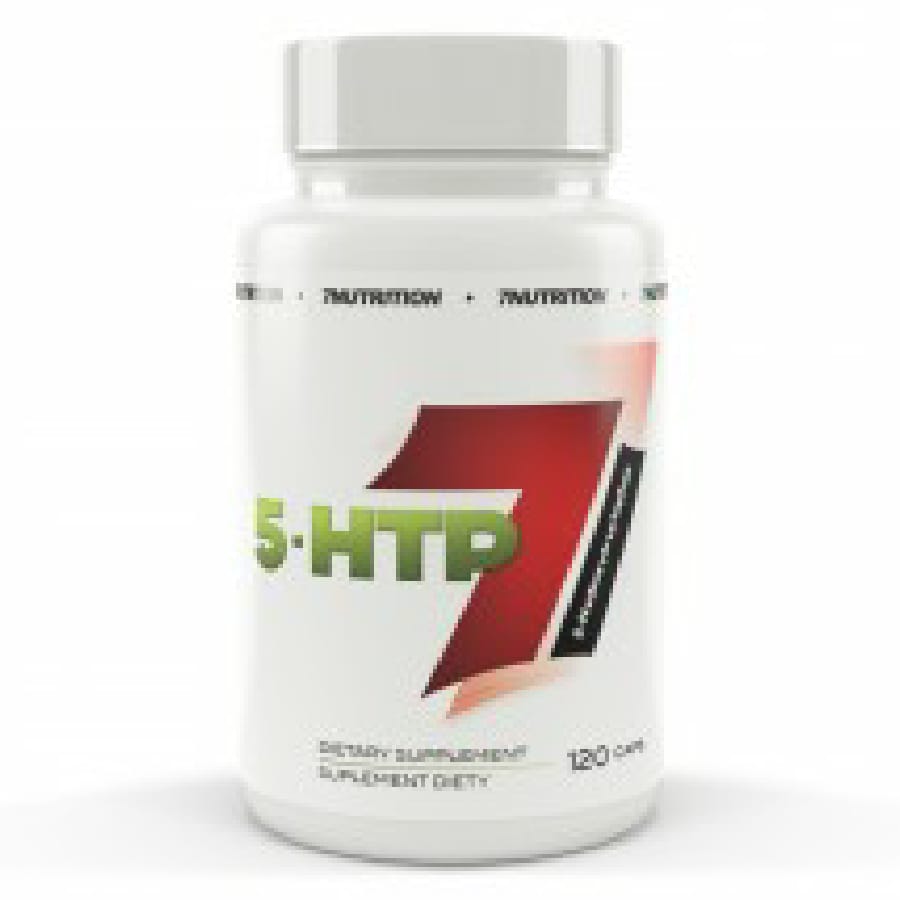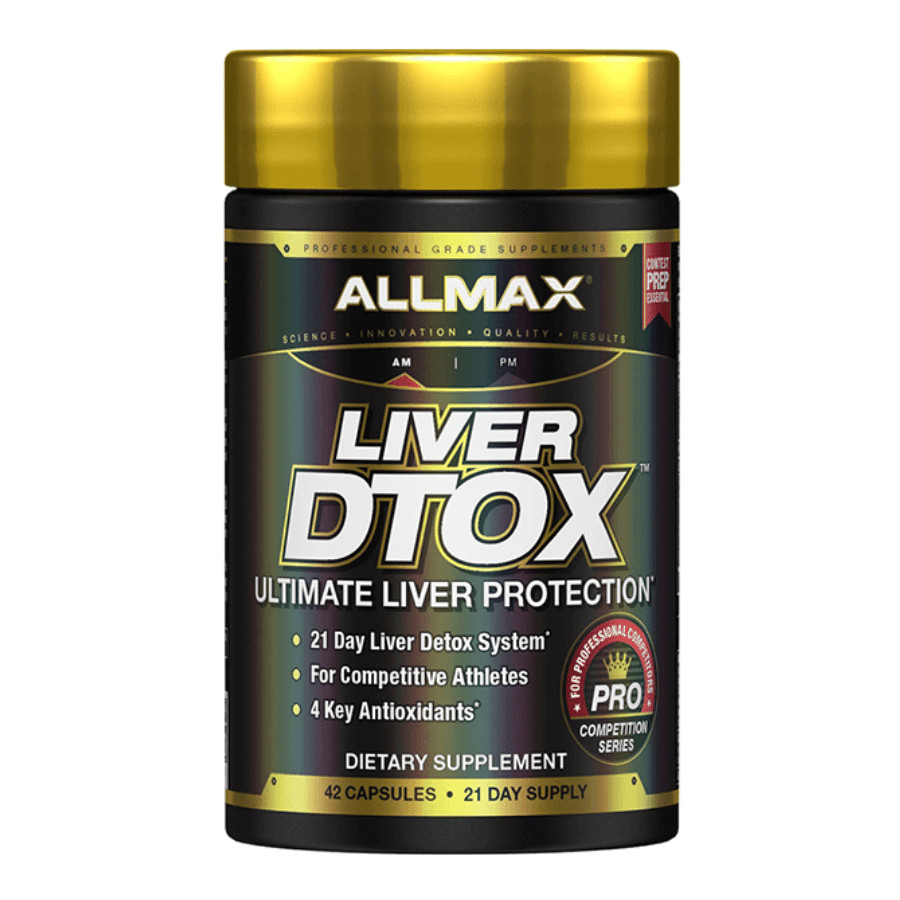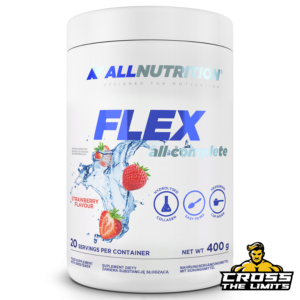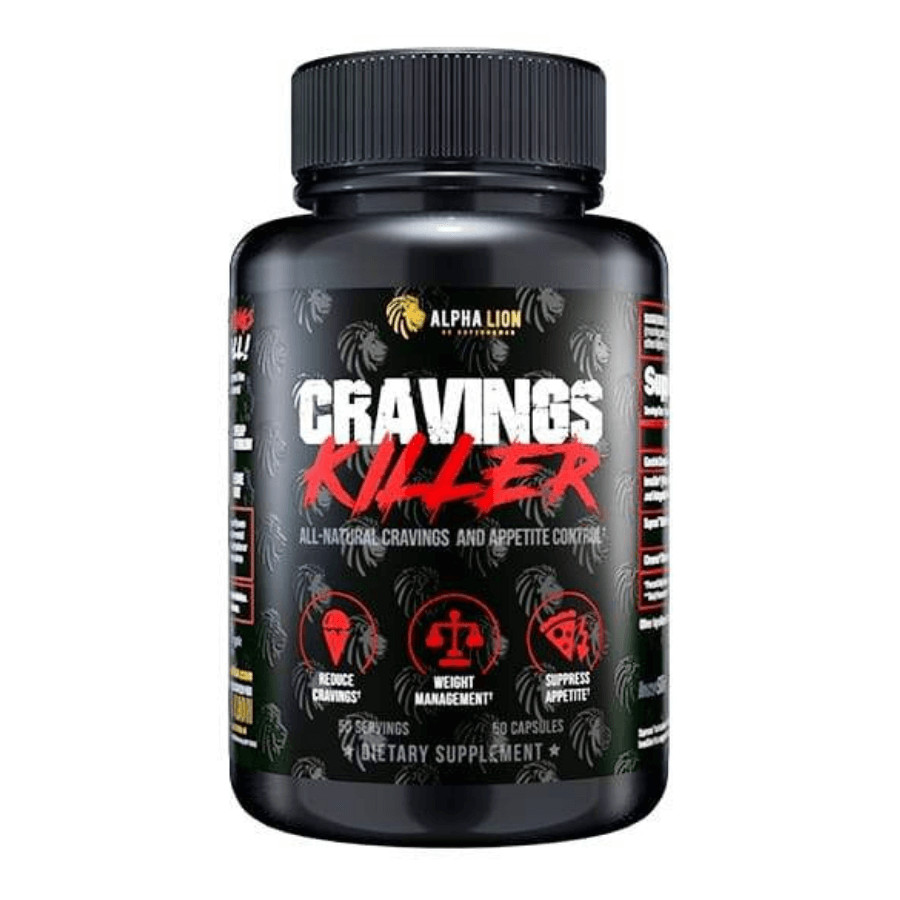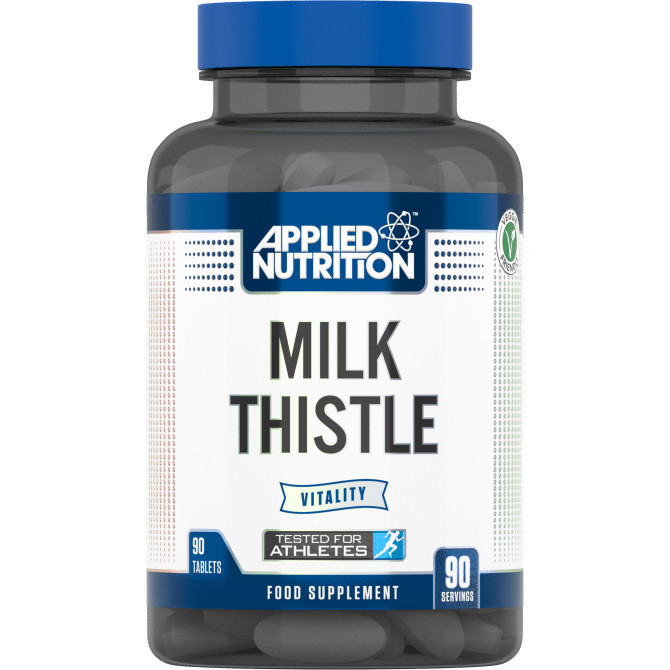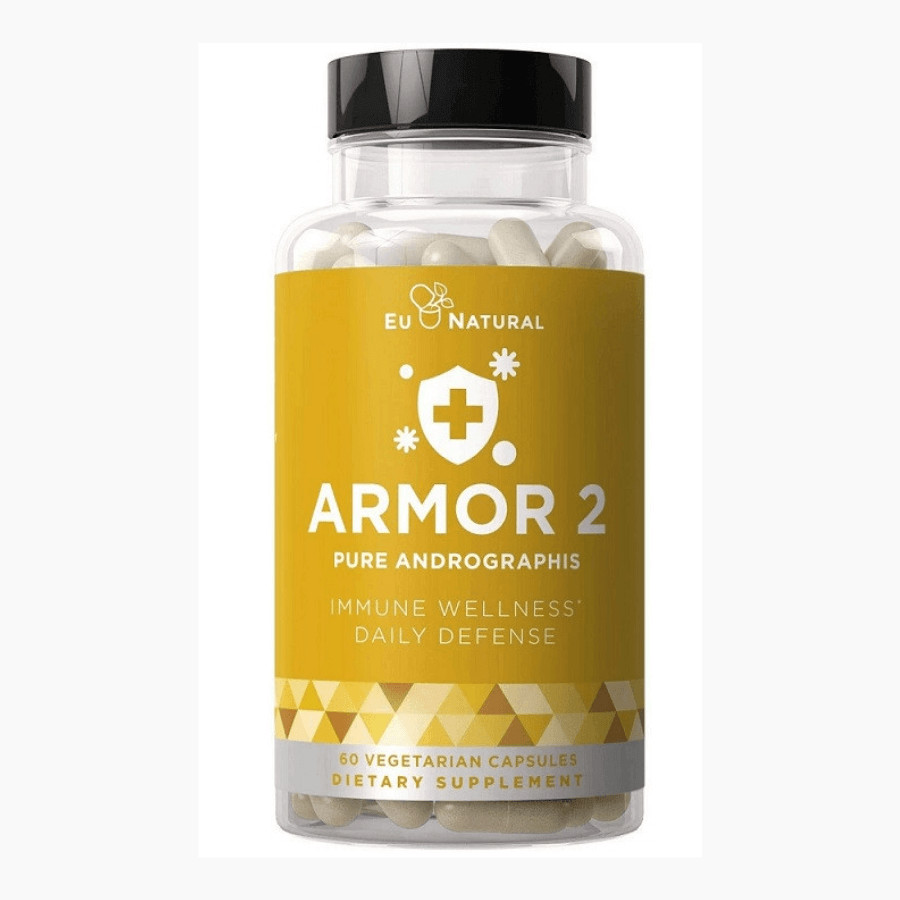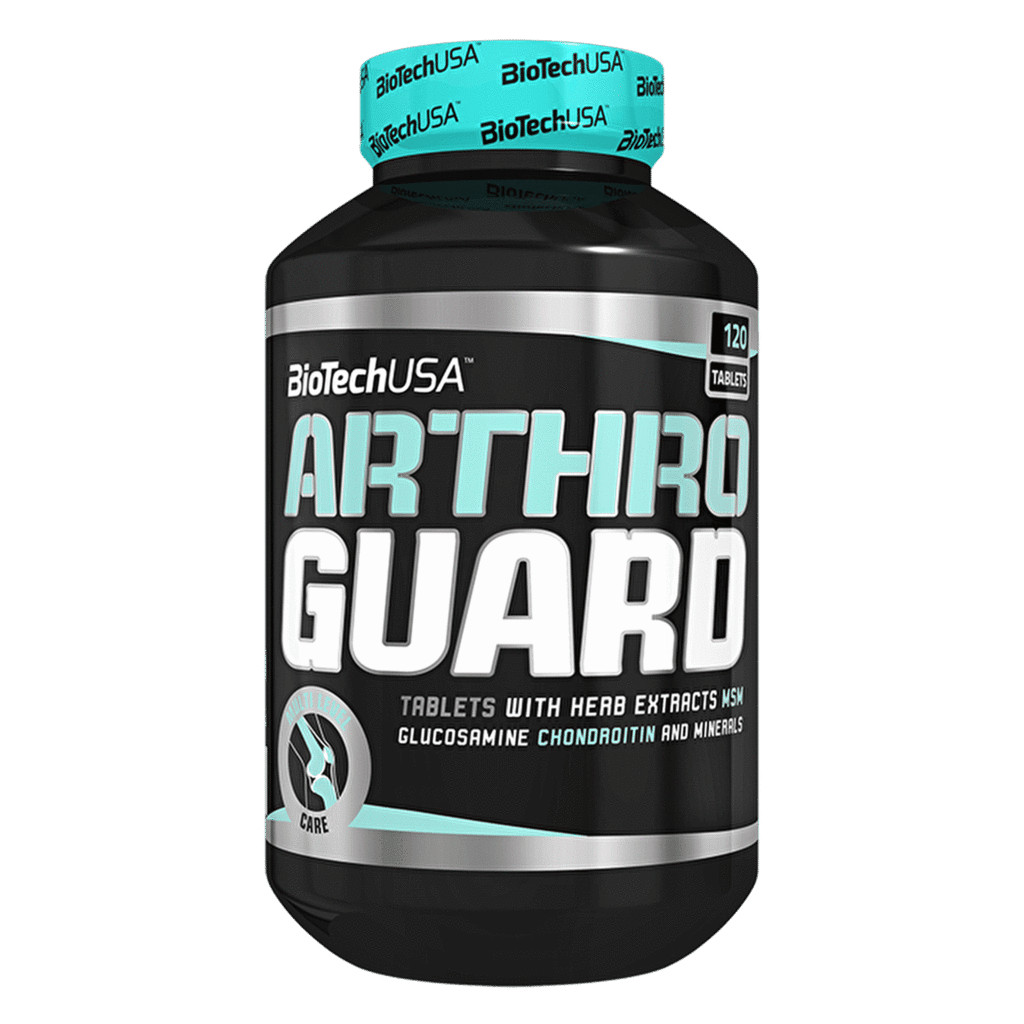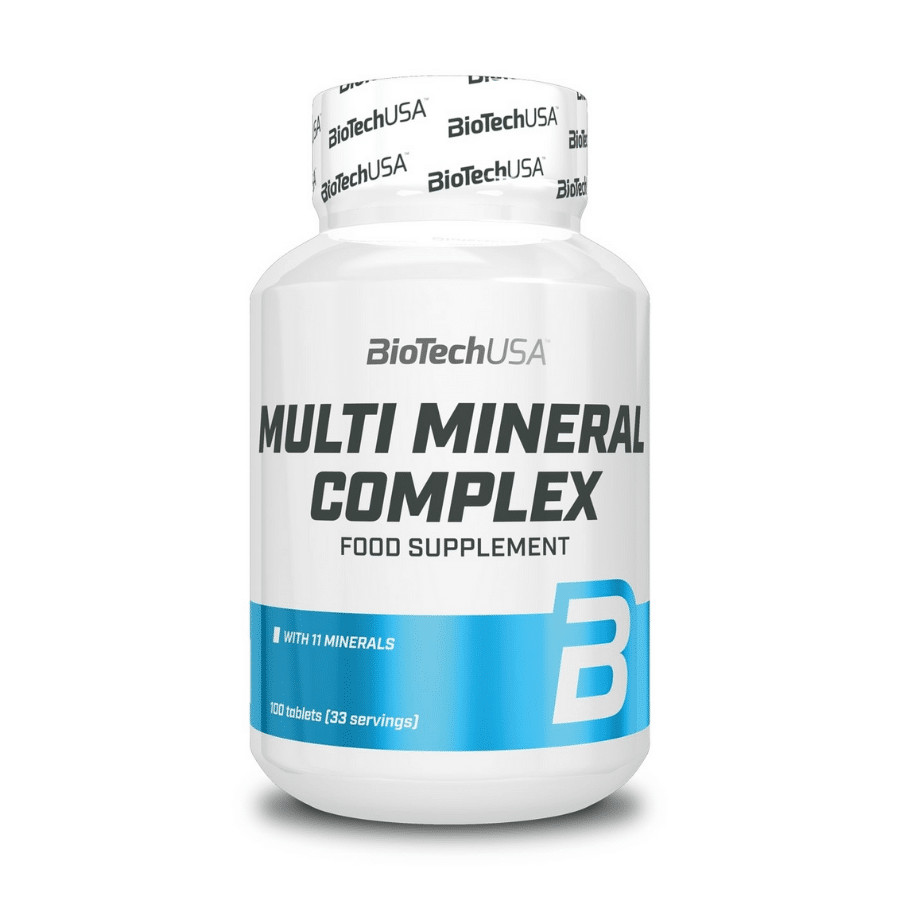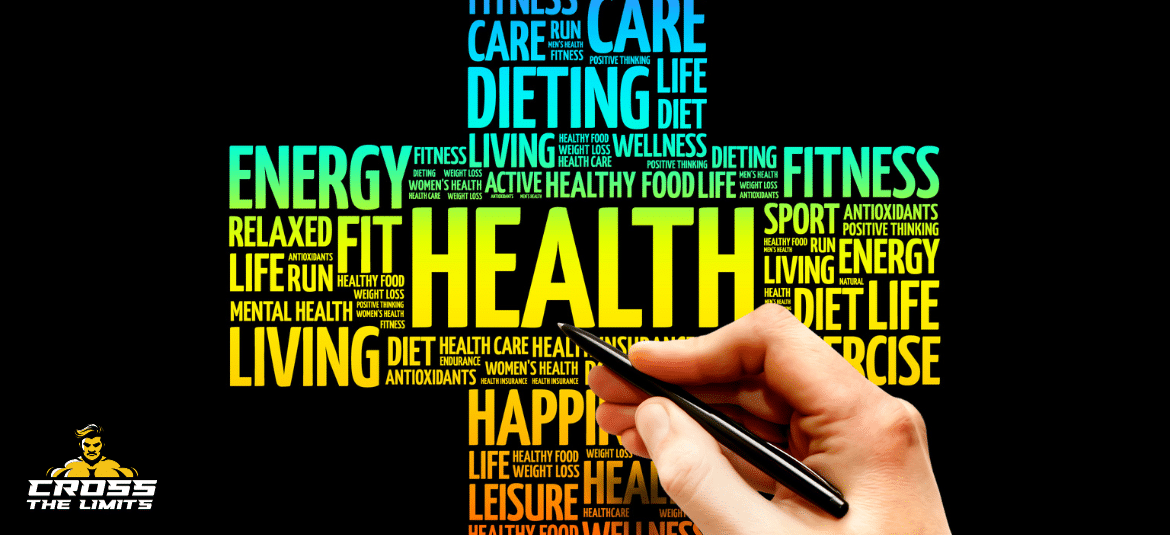
Introduction: The Crucial Role of Vitamins and Minerals in Athletes’ Health
Introduction: The Crucial Role of Vitamins and Minerals in Athletes’ Health
Maintaining good health is a universal aspiration, irrespective of one’s level of physical activity. Vitamins and minerals are pivotal components of a balanced diet that are essential for the well-being of all individuals. However, the dynamic demands of an athlete’s lifestyle, characterized by intense physical exertion, elevate the significance of these micronutrients to a whole new level. In this introductory section, we embark on a journey to explore the vital role that vitamins and minerals play in the health of athletes, shedding light on why supplementation often becomes necessary to thwart nutrient deficiencies.
The Foundation of Health:
Vitamins and Minerals:
At the core of every healthy lifestyle lies a foundation built upon the intake of essential vitamins and minerals. These micronutrients are indispensable, serving as the bedrock for a well-functioning body. They are involved in countless metabolic processes, ensuring the smooth operation of physiological systems, and they form the building blocks of a robust immune system. For individuals leading sedentary lives, this essential requirement of vitamins and minerals is sufficient to maintain health.
-
Read MorebuyBuy
Aggressive Labz HALO-SOMA XR 30serving
£25.00 £46.76buyAlpha Lion Night Burn 60caps
£42.39BuyBuyBuybuyBuybuyRead MoreAmbrosia Ritual-PM™ 60caps
£45.65Read MoreThe Athlete’s Unique Nutritional Challenge:
In stark contrast, athletes engage in physically demanding activities that place extraordinary stress on their bodies. The relentless pursuit of excellence in their respective sports results in heightened energy expenditure, muscle breakdown, and oxidative stress. Consequently, athletes find themselves in a unique nutritional challenge – they must not only fulfil the basic requirements of vitamins and minerals but also meet elevated demands imposed by their rigorous training regimens.
Preventing the Pitfall of Deficiencies:
Failure to meet these increased nutritional demands can lead to a dangerous pitfall – nutrient deficiencies. Athletes risk experiencing shortages in vital micronutrients such as vitamins (e.g., B-complex vitamins, vitamin D) and minerals (e.g., calcium, magnesium, iron). Such deficiencies can have dire consequences, compromising physical performance, increasing the likelihood of injuries, and causing health issues.
As we journey through the following sections, we will delve deeper into the specific roles that vitamins and minerals play in the health of athletes. We will uncover the mechanisms by which they support overall well-being, enhance athletic performance, and fortify the body against the challenges posed by rigorous training. Furthermore, we will explore the role of supplementation in bridging the nutritional gap, ensuring that athletes receive the vital nutrients they need to excel in their chosen endeavours while safeguarding their health.
Introduction:
Vitamins and minerals play a fundamental role in the metabolic processes of the human body. Athletes often have increased requirements for these essential nutrients, making supplementation crucial to prevent deficiencies. In this comprehensive discussion, we will delve into the role of vitamins and minerals in sports nutrition, the importance of antioxidants in combating free radicals generated by physical activity, and how specific supplements can enhance energy levels and physical performance, ultimately contributing to overall fitness.
Vitamins and Minerals in Sports Nutrition
- Vitamins’ Crucial Functions: Vitamins are organic compounds essential for various biochemical reactions within the body. They participate in energy production, tissue repair, and immune system regulation. Athletes, due to their heightened metabolic demands, often require higher levels of vitamins to maintain optimal health. For example, the B-complex vitamins are vital in energy metabolism, and vitamin D is crucial for bone health and immune function.
- Minerals’ Impact on Athletic Performance: Minerals are inorganic elements vital for a wide range of physiological processes. Calcium, magnesium, potassium, and iron are essential minerals for athletes. Calcium is necessary for muscle contraction, while magnesium supports muscle function and prevents cramping. Potassium helps maintain electrolyte balance, and iron is crucial for oxygen transport in the blood. Deficiencies in these minerals can lead to muscle pain, cramps, and decreased exercise performance.
- Preventing Deficiencies: Despite athletes’ efforts to maintain a balanced diet, it can be challenging to meet their increased nutrient requirements solely through food. Supplementation with vitamins and minerals may be necessary to bridge the nutritional gap and prevent deficiencies. However, it’s essential to approach supplementation cautiously, seeking guidance from healthcare professionals to ensure proper dosing and avoid potential imbalances.
-
buyBuy
Alpha Lion Apex Burn 21servings
£42.00 £47.70buybuybuybuyAlpha Lion Night Burn 60caps
£42.39BuyRead MoreRead MoreRead MoreASC Supplements Demonio Stim Fat Burner 100caps
£39.25 £42.36buybuyAntioxidants and Combating Free Radicals
- The Role of Free Radicals: Regular physical activity increases the production of free radicals, highly reactive molecules that can cause oxidative stress and damage cells, proteins, and DNA. Prolonged oxidative stress may contribute to muscle fatigue, inflammation, and chronic diseases.
- Antioxidants’ Protective Function: Antioxidants are compounds that neutralize free radicals, protecting cells from oxidative damage. Two of the most well-known antioxidants are vitamin C and E. Vitamin C is water-soluble and works in the watery parts of cells, while vitamin E is fat-soluble and protects cell membranes. Athletes can benefit from antioxidant supplementation to counteract the oxidative stress generated during intense physical activity, supporting overall health and recovery.
Enhancing Energy Levels and Physical Performance
- Creatine for Energy: Creatine is a naturally occurring compound found in small amounts in certain foods and synthesized in the body. It plays a crucial role in the regeneration of adenosine triphosphate (ATP), the primary energy currency of cells. Supplementing with creatine has increased muscle creatine levels, enhancing energy production during short bursts of intense activity. This can lead to improved performance in activities like weightlifting and sprinting.
- Coenzyme Q10 and Cellular Energy: Coenzyme Q10, or CoQ10, is a compound that facilitates the production of ATP in the mitochondria, the energy factories of cells. CoQ10 supplementation may enhance energy production and improve overall physical performance. It is particularly relevant for athletes engaged in endurance sports.
Conclusion: Vitamins, minerals, antioxidants, and specific supplements play essential roles in sports nutrition. Athletes have unique nutritional needs due to their increased physical activity levels, making supplementation a valuable tool in maintaining health and optimizing performance. However, athletes must approach supplementation with knowledge and care, seeking professional guidance to ensure they receive the appropriate nutrients in the right amounts. By addressing their vitamin and mineral requirements, combating oxidative stress, and enhancing energy production, athletes can maximize their overall fitness and achieve their performance goals.
The Role of Vitamins and Minerals in Athletes’ Health
Meeting the Unique Nutritional Needs of Athletes:
Athletes, with their intense physical activity and high energy expenditure, face distinct nutritional requirements. These heightened demands necessitate a meticulous approach to dietary choices, focusing on vitamins and minerals. Understanding the specific roles that these micronutrients play in supporting athletic performance and overall health is crucial.
- Vitamins and Physical Performance: Vitamins, such as the B-complex group (including B1, B2, B3, B5, B6, B7, B9, and B12), play a pivotal role in energy metabolism. They aid in converting carbohydrates, proteins, and fats into usable energy, fueling the muscles during exercise. Deficiencies in these vitamins can lead to fatigue, decreased endurance, and impaired recovery.
- Vitamin D and Bone Health: Vitamin D is instrumental in calcium absorption, essential for maintaining strong bones and preventing stress fractures-a common issue among athletes. Adequate vitamin D levels are necessary to ensure proper mineralization of bones and overall musculoskeletal health.
- Minerals for Muscle Function: Minerals like calcium, magnesium, and potassium are crucial for muscle function. Calcium is essential for muscle contraction, magnesium facilitates muscle relaxation and helps prevent cramping, and potassium maintains electrolyte balance, reducing the risk of muscle weakness and spasms.
- Iron and Oxygen Transport: Iron plays a central role in transporting oxygen through the bloodstream by synthesizing haemoglobin, a component of red blood cells. Iron deficiency can result in anaemia, leading to reduced oxygen delivery to muscles and diminished exercise capacity.
Addressing Micronutrient Deficiencies in Athletes:
Athletes, in their quest for peak performance, must pay keen attention to their micronutrient intake to avoid deficiencies that can hinder their progress. To address this, they can take several approaches:
- Nutrient-Dense Diet: The foundation of any athlete’s nutritional strategy should be a nutrient-dense diet. Consuming a variety of whole foods, including fruits, vegetables, lean proteins, whole grains, and dairy products, can provide athletes with most of the vitamins and minerals they need.
- Regular Monitoring: Athletes can benefit from regularly monitoring their nutrient levels through blood tests. This approach allows them to identify deficiencies or imbalances promptly and make targeted adjustments to their diet or supplementation.
- Tailored Supplementation: Individualized supplementation plans, guided by healthcare professionals, can help athletes meet their specific nutrient needs. This approach may include vitamin and mineral supplements based on deficiencies detected through testing.
- Strategic Timing: The timing of nutrient intake can influence how effectively the body utilizes vitamins and minerals. Athletes can optimize nutrient absorption by strategically timing their meals and supplements around workouts and recovery periods.
- Whole Food Synergy: Athletes should recognize the synergy between vitamins and minerals in whole foods. For example, vitamin C enhances iron absorption, so consuming foods rich in vitamin C alongside iron sources can optimize iron uptake.
- Hydration and Electrolytes: Proper hydration is essential for nutrient transport in the body. Athletes should maintain proper fluid balance and electrolyte levels during exercise, as dehydration can impair the absorption and utilization of vitamins and minerals.
Conclusion: Empowering Athletes with Nutritional Knowledge
In the realm of sports nutrition, vitamins and minerals act as essential contributors to athletic health and performance. Athletes, by understanding the specific roles of these micronutrients and implementing strategies to address their unique nutritional needs, can unlock their full potential and compete at their best. However, this journey should always be undertaken with the guidance of healthcare professionals, who can tailor nutritional plans to the individual athlete’s requirements. By embracing these principles, athletes can cultivate resilience, longevity, and success in their chosen sports while safeguarding their health.
Supplementation to Optimize Athletes’ Health and Performance
Addressing the Nutritional Gap:
While a well-balanced diet is the foundation of an athlete’s nutrition, the dynamic nature of athletic training and competition often necessitates additional support through supplementation. Athletes must receive the essential vitamins and minerals required for optimal performance and overall health. This section explores the role of supplementation in bridging the nutritional gap, enhancing athletic well-being, and maximizing physical performance.
- Precision Supplementation:
- Precision supplementation has emerged as a tailored approach to meet the specific nutritional needs of athletes. This approach involves identifying individual deficiencies through thorough assessment and utilizing targeted vitamin and mineral supplements to address these gaps. It ensures that athletes receive precise amounts of nutrients required for peak performance.
- Timing and Periodization:
- The timing of supplementation is a critical consideration. Athletes may benefit from strategically timed supplementation, aligning nutrient intake with training phases and competition schedules. For instance, pre-workout or intra-workout supplements can boost energy, while post-workout supplements aid recovery.
- Antioxidants and Recovery:
- Intense physical exercise generates oxidative stress, leading to the production of free radicals that can damage cells and tissues. Vitamins C and E, known antioxidants, help combat oxidative stress and reduce muscle soreness. Athletes often turn to these supplements to support post-exercise recovery and minimize the risk of cellular damage.
- Creatine for Power and Strength:
- Creatine, a naturally occurring compound found in small amounts in certain foods, has gained recognition for its ability to enhance power and strength. Athletes engaged in high-intensity, short-duration activities, such as weightlifting or sprinting, often use creatine supplements to improve performance.
- Omega-3 Fatty Acids for Inflammation:
- Omega-3 fatty acids, commonly found in fish oil supplements, have anti-inflammatory properties. Athletes, particularly those in endurance sports, may incorporate these supplements into their nutrition plans to mitigate exercise-induced inflammation, support joint health, and aid recovery.
Conclusion: Balancing the Equation for Optimal Athletic Health
In the intricate world of sports nutrition, supplementation is a vital tool to complement a nutrient-dense diet and fine-tune an athlete’s nutritional strategy. Athletes, by embracing precision supplementation, considering the timing of nutrient intake, and selecting appropriate supplements for their goals, can enhance their physical performance and overall well-being. However, it’s crucial to emphasize that supplementation should always be approached with a well-informed mindset and under the guidance of healthcare professionals.
By balancing the equation of proper nutrition, including vitamins and minerals, and strategic supplementation, athletes can unlock their full potential and excel in their chosen sports. This comprehensive approach not only ensures peak performance but also safeguards their health, enabling them to navigate the demands of their sport with confidence, resilience, and the assurance of long-term well-being.
-
Buybuy
5% Nutrition Digestive Defender 2x60caps
£38.75 £43.41Read MorebuybuybuyRead MorebuyBuybuybuybuySummary: Supplementation as a Key Element in the Health and Performance of Athletes
Supplementation plays a significant role in the overall health, immunity, and regeneration of athletes’ bodies. However, understanding the role of supplements in athletes’ diets requires caution, knowledge, and a thoughtful approach. In this summary, we will explore why supplementation is necessary and why its proper use, along with consultations with experts, is essential.
The Role of Supplementation in Athletes’ Health:
- Support for Elevated Needs: Athletes, due to the intensity of their training and competition, have increased nutritional requirements. Supplementation allows them to address any deficiencies resulting from these higher demands, providing their bodies with what they need for optimal performance.
- Protection Against Oxidative Stress: Intense physical exercise generates oxidative stress, which can lead to cellular damage. Antioxidant supplements, such as vitamins C and E, act as a protective shield against this stress, supporting recovery and reducing the risk of muscle tissue damage.
- Enhancing Endurance and Strength: Some supplements, like creatine or coenzyme Q10, can help increase energy levels and physical endurance. This translates into improved overall athlete performance, enabling them to achieve higher training and sports-related goals.
The Importance of a Thoughtful Approach:
- Consultation with Experts: Supplements should always be preceded by consultation with a physician or dietitian. Every athlete has unique needs and goals, so individual assessment is crucial. Healthcare professionals can help determine which supplements are most appropriate and in what quantities.
- Precision Supplementation: The concept of precision supplementation is gaining popularity. It involves tailoring supplementation to an athlete’s needs, considering test results and identifying the most critical nutrients for a specific situation.
- Balanced Approach: While supplementation offers numerous benefits, it cannot replace a balanced diet. Athletes should strive to maximize nutrient intake from whole foods, with supplements serving as an addition, not a primary source of nutrients.
In conclusion, supplementation is a crucial element in supporting the health and performance of athletes. However, its use requires caution, knowledge, and consultation with professionals. Striving to understand one’s needs, precision supplementation, and a balanced approach to diet are crucial to achieving optimal performance and long-term athletic success. Properly balanced supplementation, tailored to individual needs, can help athletes reach their goals while maintaining their health and fitness at the highest level.
Check other posts
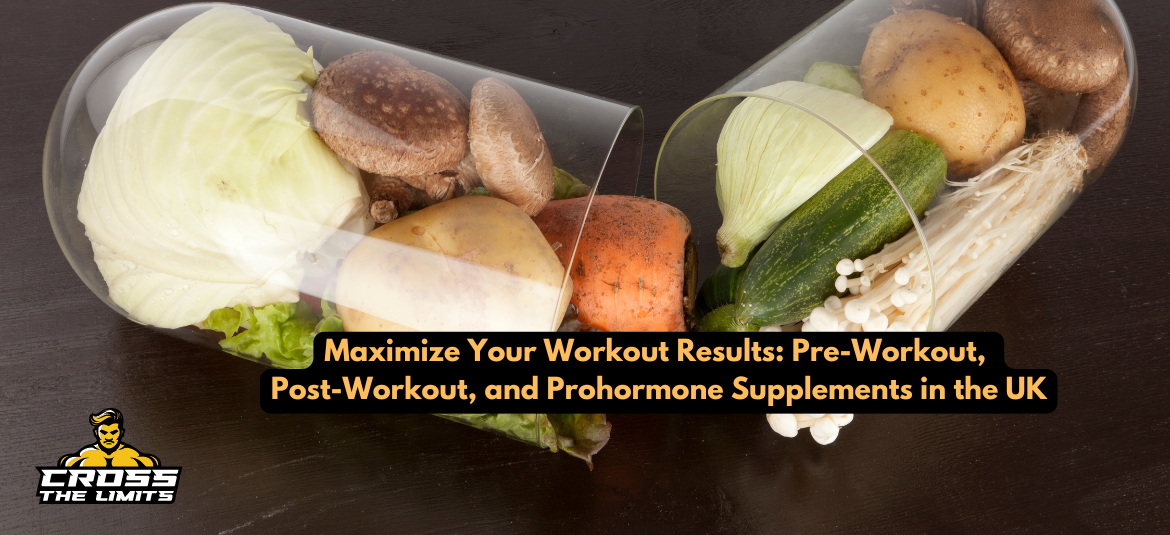
Maximize Your Workout Results: Pre-Workout, Post-Workout, and…
October 13th, 2024
Read more
Top Sports Supplements in the UK: What…
October 9th, 2024
Read more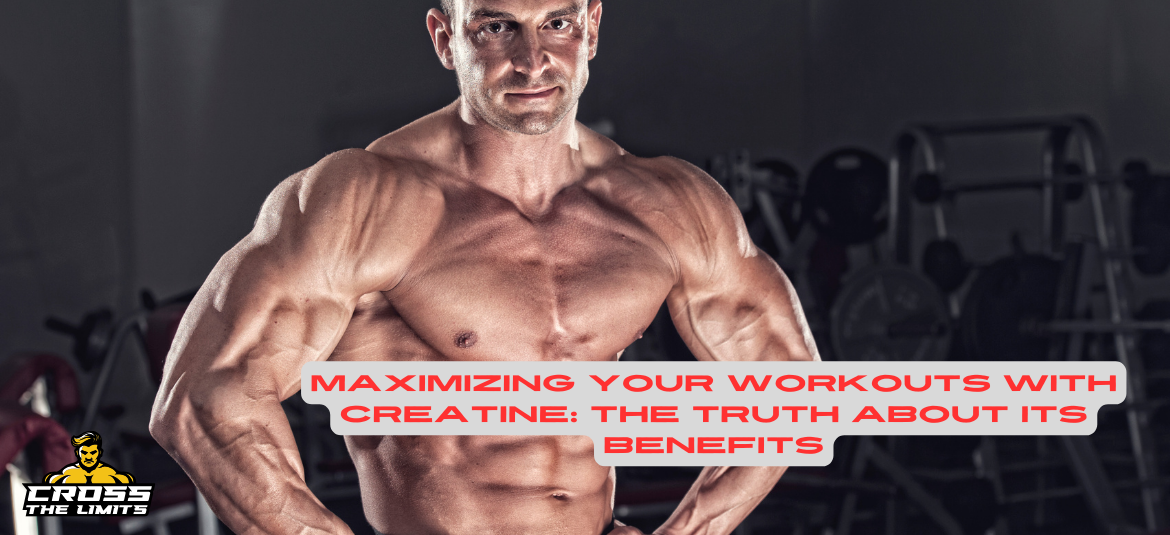
Maximizing Your Workouts with Creatine: The Truth…
August 11th, 2024
Read moreWe use cookies to ensure that we give you the best experience on our website. If you continue to use this site we will assume that you are happy with it.
ACCEPT
